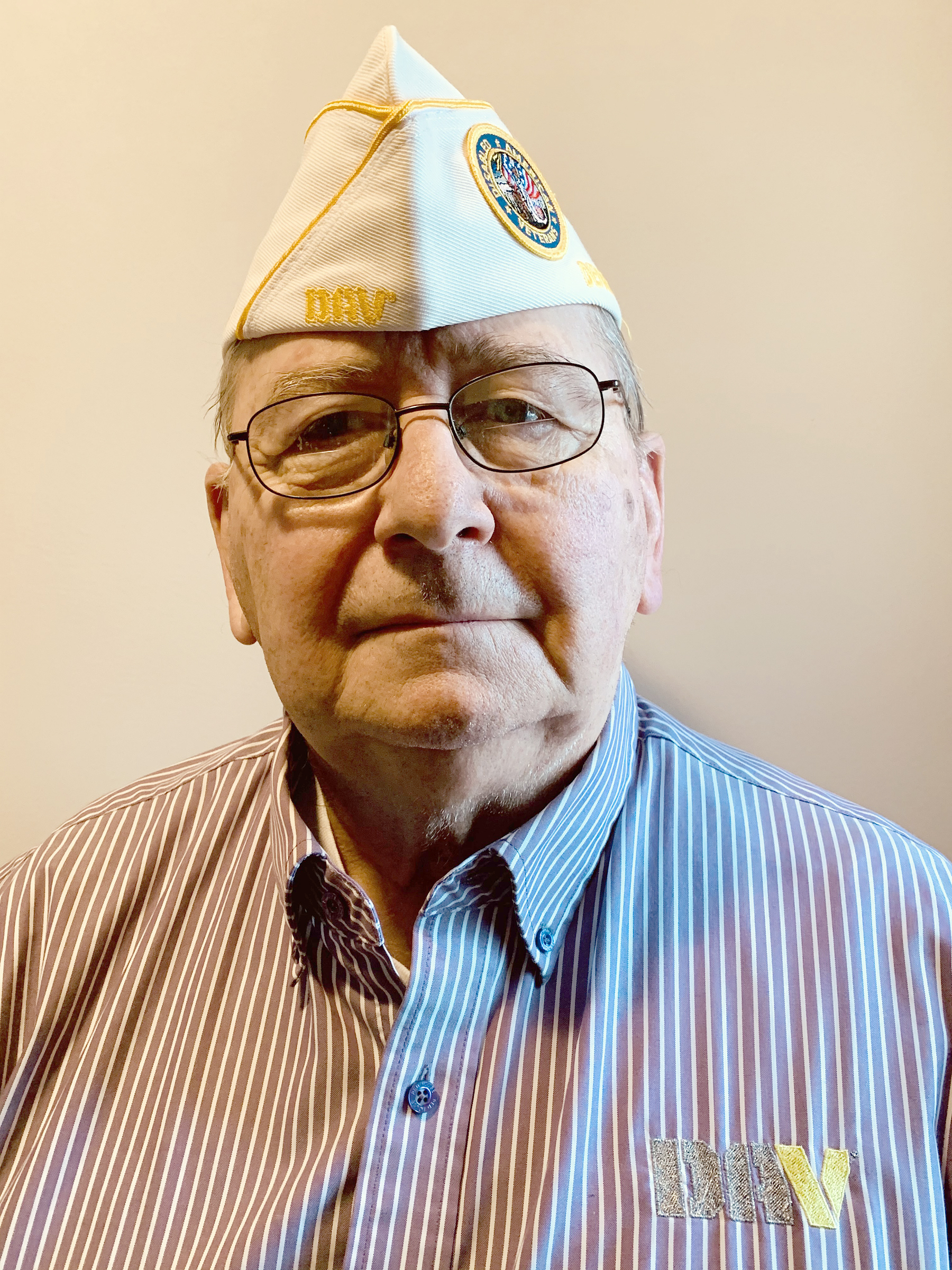A “workaround” is a military term often used to describe a situation where an unreasonable obstacle has to be overcome in order to complete a mission or achieve a goal/objective.
In this particular case, the unreasonable obstacle is a man-made rule being strictly enforced by Representative James McGovern (of Massachusetts), who chairs the House of Representative’s Rules Committee.
In July of 2022, he felt that he could not advance the Major Richard A. Star amendment to inclusion in the National Defense Authorization Act (NDAA). House of Representatives rules prevent amendments that could increase the federal deficit from being considered unless they include a way to offset the costs by increasing revenue or reducing spending in other areas.
The Major Richard Star Act would make those veterans with under twenty (20) years of active service eligible for both disability compensation and retirement benefits. Current law requires that disability compensation and retirement pay benefits offset one another by reducing retirement pay for every dollar of disability compensation received.
The passage of this Act will provide financial relief to over 50,000 medically retired and severely injured combat veterans. The Major Richard Star Act, according to the Congressional Budget Office (CBO) is expected to cost approximately $8 billion dollars over eleven (11) years.
The American Legion National Commander James Oxford feels that these two benefits have been unjustly tied together to reduce costs. “Retirement pay and VA disability compensation are two distinct and separate benefits that veterans earn through their service,” said National Commander Oxford.
One (1) “workaround” is the 2019 enacted House Rule XIII, the Consensus Calendar Rule, which is an alternate route for advancing the Major Richard Star Act. The Consensus Calendar Rule requires a minimum of 290 Representatives to co-sponsor the Bill to be considered for a vote.
On August 12, 2022, Congressman Gus Bilirakis officially filed the motion for the Major Richard Star Act to be added to the Consensus Calendar.
As of September 9, 2022, there are already 306 House co-sponsors for this Act. Eight (8) of Ohio’s sixteen (16) Representatives support the Act. The co-sponsors of H.R. 1282 are: Joyce Beatty; Shontel Brown; Anthony Gonzales; Bill Johnson; David Joyce; Marcy Kaptur; Tim Ryan and Michael Turner.
The Senate Companion Bill for the Major Richard Star Act is S. 344, and it has already been official filed by Senators Jon Tester, Mike Crapo and Jerry Moran. There are already sixty-two (62) co-sponsors for this Act, including both Ohio Senators Sherrod Brown and Rob Portman.
Another requirement of House Rule XIII is that the number of co-sponsors must be maintained (at 290 co-sponsors) for twenty-five (25) total legislative days before a September 30, 2022 deadline. This will be difficult to accomplish because Congress has been on recess much of the summer.
However, the “workaround” for the current situation is for the House of Representatives to agree to a special rule that temporarily changes the mandated twenty-five (25) total legislative day requirement.
The proposed legislative bill is named in honor of Major Star, a decorated war hero, who was medically retired as a result of his combat related injuries. Because Major Star did not serve twenty (20) years in the military, his disability compensation pay (from the Department of Veterans Affairs) would be deducted out of his retirement pay (from the Department of Defense). He died on February 13, 2021.
Over twenty (20) Veterans Service Organizations (VSOs) have already endorsed the passage of the Major Richard Star Act.
“Disabled veterans who are entitled to VA compensation due to their service-connected conditions and retired military pay for their service to this country deserve to receive both, without any offsets,” said Disabled American Veteran (DAV) Washington Headquarters Executive Director Randy Reese.
“The DAV supports the Major Richard Star Act to repeal the offset between VA disability compensation and DoD medical retirement pay, just as we support the Retired Pay Restoration Act, which would eliminate the remaining offsets for longevity retired pay and disability compensation,” concluded Director Reese.
“I would like to thank the Veterans Service Organizations that have been tenacious in their outreach to Members of Congress throughout the country to request co-sponsorship,” said a determined Congressman Gus Billirakis. “Because of their unwavering support, we are able to move this bill one step closer to becoming law.”
My Opinion: Over two-thirds of the House of Representatives have co-sponsored the Major Richard Star Act. More than three-fifths of the United States Senate have already signed on as co-sponsors. Less than one (1%) of all House-originated bills have achieved that co-sponsorship mark in each Congressional Session since 2013.
The voting numbers are there to get it enacted into law, however it still needs one of the two (2) above-cited “workarounds” to bring it up for a vote.
The simplest “workaround” would be for the House of Representatives to agree to a special rule that temporarily changes the mandated twenty-five (25) total legislative day requirement.
It will take leadership and diplomacy by both political parties to make this “workaround” a reality. Congress must realize this is important to over 50,000 veterans. The Major Richard Star Act needs to be passed this 117th Congressional Session to correct the injustice that impacts veterans.
BioSketch: John Plahovinsak is a retired 32-year Army veteran who served from 1967 to 1999. He is the Disabled American Veterans (DAV) Department of Ohio Hospital Chairman and Adjutant of DAV Chapter #63 (Clermont County). He can be reached at: plahoivinsak@msn.com.

